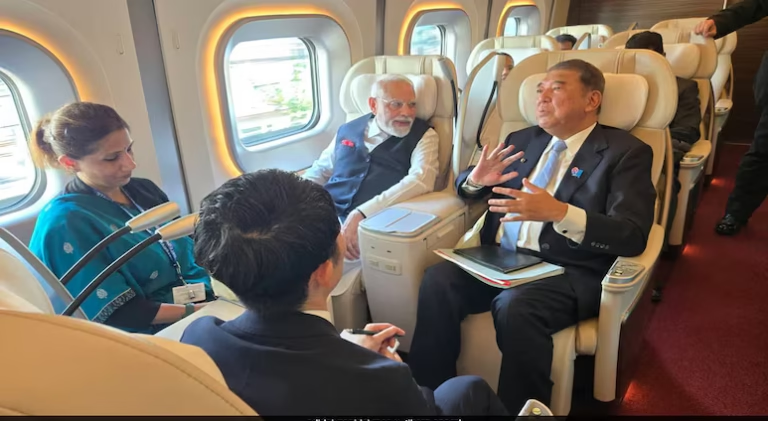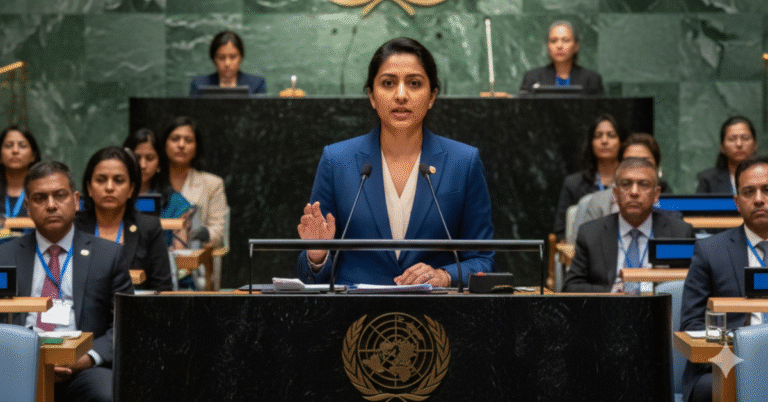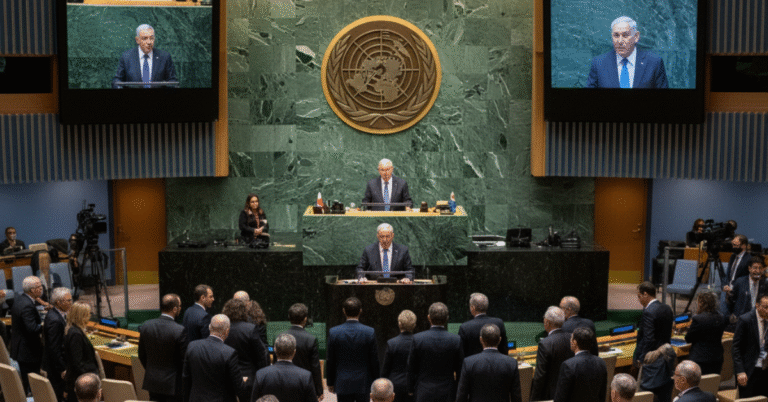
New Delhi, August 22 – In a significant development that could reshape cross-border e-commerce in India, Amazon is lobbying the Indian government to relax its foreign direct investment (FDI) regulations, aiming to enable the U.S.-based giant to purchase goods directly from Indian sellers for international exports.
Currently, India’s FDI policy restricts global e-commerce players like Amazon and Walmart-owned Flipkart from owning inventory or selling goods directly to domestic or global consumers. These rules were designed to protect small retailers by ensuring that foreign companies operate only as online marketplaces, connecting buyers and sellers for a fee — not as direct sellers.
Amazon Pushes for Export Policy Reform
According to four individuals with direct knowledge of the matter, Amazon India executives met with officials from the Indian Commerce Ministry on Thursday to request an exemption for export-related transactions. If approved, this change would allow Amazon to purchase goods from Indian vendors and directly sell them to overseas customers, bypassing current limitations.
This marks a fresh chapter in the ongoing friction between New Delhi and Washington over digital trade and retail policies. Despite years of lobbying and trade negotiations, a comprehensive India–U.S. trade deal remains elusive.
Opposition from Small Retailer Groups
While Amazon and Flipkart pitched the proposal as a way to boost Indian exports and empower small sellers, several Indian retail associations strongly opposed the move during the same meeting.
Three major industry bodies — representing local shopkeepers and small businesses — raised concerns that such a policy shift would benefit large e-commerce platforms disproportionately. They argued that Amazon and Flipkart have consistently favored a handful of large sellers, offered deep discounts, and used their scale to undermine small traders, despite claiming compliance with Indian laws.
“It was a heated meeting… The small traders and their supporters opposed it, saying they wanted no concessions for foreign e-commerce players,” said one source who attended the meeting.
Amazon’s Export Ambitions from India
Amazon has been aggressively expanding its Global Selling program, which allows Indian sellers to export goods worldwide via Amazon’s international marketplaces. As of December 2024, Amazon reported $13 billion in cumulative exports facilitated through its platform since 2015. The company has set an ambitious goal of reaching $80 billion in total Indian exports by 2030.
During the meeting, Amazon emphasized that exempting export transactions from FDI restrictions would streamline logistics, including customs clearance, and make global markets more accessible to Indian MSMEs and artisans.
Government Yet to Decide on FDI Policy Changes
An internal government agenda, seen by Reuters, confirmed that no final decision has been made regarding Amazon’s request. The Indian Commerce Ministry is considering whether any policy amendment would open backdoors for foreign e-commerce platforms to circumvent existing laws and sell directly to Indian consumers.
The document stated that any changes to FDI rules for e-commerce exports must:
- Ensure a clear demarcation between goods meant solely for export and those intended for the Indian domestic market.
- Prevent any misuse of the exemption that could negatively impact small Indian retailers.
India’s E-Commerce Market Growth
India’s booming e-commerce sector is a high-stakes battleground for global tech giants. The market was valued at $125 billion in 2024, with projections to reach $345 billion by 2030, according to the India Brand Equity Foundation (IBEF).
Amazon and Flipkart currently dominate India’s online retail space, and any regulatory changes could significantly alter their operations, competitive dynamics, and small seller participation.






